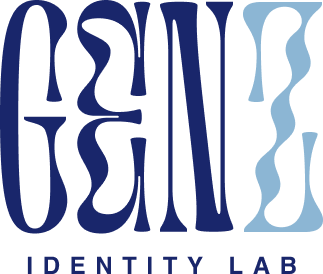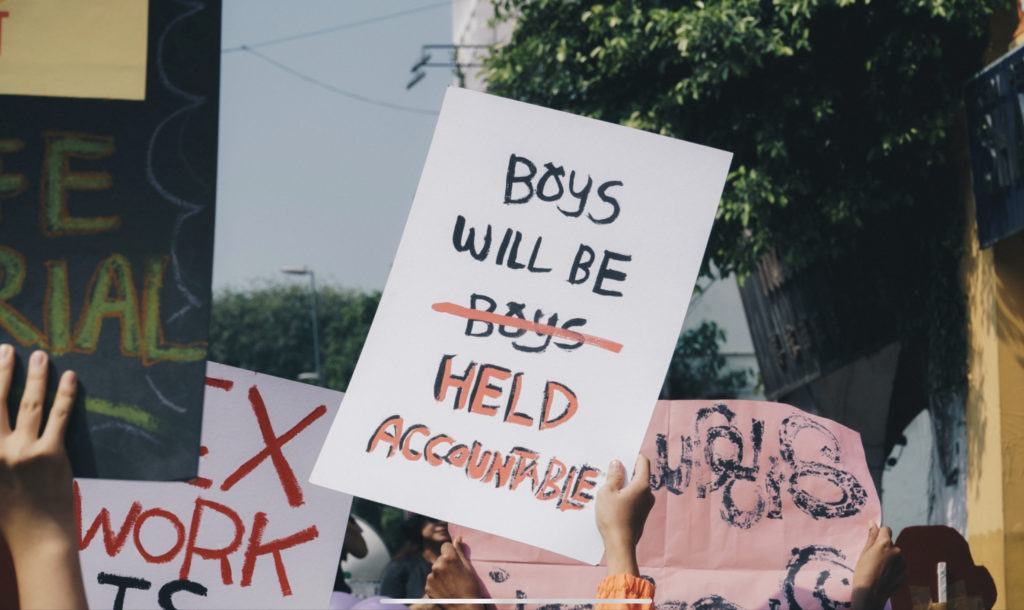We have always been told that it is hard to live in this world as a woman. However, for many women in 2020, it is difficult to understand what it is like to live in such a patriarchal society.
My name is Selin Özünaldım. Since I was a child, I have always been the different one, I could never fit into a box, I would always speak up about the things I didn’t like and would always try to find solutions for the problems I saw. It didn’t make any sense to me that there are inequalities between people just because of their gender, religion, where they are from. I have never understood how people couldn’t embrace the concept of every single human being equal not in spite of, but because they are their own authentic selves. I now realize, deep inside, I always knew I would be a change maker, even though it would mean hate comments, criticisms, and accusations of breaking tradition. I knew what my truth was and nothing could stop me from speaking my mind and sharing my truth with my community.
I am a 17-year old gender equality activist from Istanbul, Turkey. I think living in Turkey definitely had an impact on my work. Gender based stereotypes, gender norms, and roles are still playing a big part on people who are living on the East side of the country. Luckily, I think our generation is definitely more aware of what is going on around Turkey, around the world and we have a global look about controversial topics thanks to the internet. I have observed that Gen Z is very much ready to change things; we have many innovative ideas, we want to take action when we see a problem and we don’t really care about what millenials say, which could be beneficial if you ask me but unfortunately, feminism is still a taboo to the older generation.
The struggle of being a girl begins at birth, with societal expectations impacting how we are raised. There is the perception that we are born as princesses. Beginning when we take our first shallow breaths, society begins to teach us what we should look like, how we should dress, how we should sit, and even how to laugh. This can have numerous negative impacts on our mental and physical health. By the time we are seven, we start to imagine our wedding dresses and husbands, rather than a career that could make us leaders of our field. We wait for our prince to save us from the dragon instead of standing up for ourselves and carving their own path through life. We are taught that a happy ending — a happy life — means being married and taking care of kids.
I would like you to visit the first children clothing store you come across. You will notice the boys’ clothing focuses on power, being the hero, and saving the world. On the other side, girls’ clothing focuses on fragile symbols like butterflies and rainbows. Messages like “I am too pretty to do math’’ are printed on t-shirts. As girls grow up, they unfortunately do not outgrow the clear message from society that they have less potential. The issues we face also grow as we do. According to PSYCOM, eating disorders can start as early as the age of 12. Young girls, trying to live up to the standards that society sets for them, pursue unhealthy eating habits which could end up hurting their health in the long run. According to the BBC, anorexia has the highest death rate of any psychiatric illness. ANAND reports that, each year, 5 to 10 out of 100 patients die due to anorexia. This issue also raises the toxic effect of social media on women around the world. Social media fosters an increasingly hostile environment; on average, 150 million photos are deleted by their owners because of hate comments. These statistics truly demonstrate the overwhelmingly negative impact the combination societal expectations and cultural norms with social media can have on women.
Over the years the little “princesses” grow up and begin to work so they can make money and support themselves. Society teaches us that we have the same opportunity as men and that there is no need for feminism. However, this only fuels pre-existing social norms such as the wage disparity between men and women. Both in Turkish and internationally, statistics show that men are earning much more money than women. Yet, many members of society still claim that the wage gap is a myth. It is imperative that we teach the youth of tomorrow the facts: these disparities are real and women need equality in both the workplace and in their wages.
As John Sheran said, “The best fortune teller of what the future awaits us is what happened to us in the past.’’ We should focus on the past to start exploring the question: How did the belief that men are superior begin? I grew up in a patriarchal society; because of this, I’ve had the chance to observe the social structure of Turkish people. In my opinion, the patriarchal structure in Turkey is due to our past wars. Physical power was needed in the past, leaving women with secondary status in society. Historical figures such as Karafatma and Halide Onbaşı dedicated their lives to their country, but these women have never been as appreciated in history as the men have been. They weren’t appreciated then, and they aren’t appreciated now.
Women in the 21st century have proved their existence, their brains and their intelligence at the forefront of social advancement. For decades we have had to fight, and though this fight for our rights might seem daunting, we can look at women who have made their own in this world. It is important in this time to not only acknowledge women of power and thank them for what they’ve done, but also to use them as an example for ourselves to stand up and try. Just look at Aylin Uysal, the Senior Design Director at Oracle, or Ayşegül İldeniz, the Vice President of New Technologies and Strategies at Intel, who are both extremely accomplished women. They got themselves to a place of importance by fighting against the hardships of this biased world. We owe it to ourselves, our daughters, our sisters and our mothers to create a world in which we don’t need to fight to prove our worth.
In conclusion, from the moment a girl is born, reaching their full potential is a constant struggle. Fighting against the toxicity of social media, the patriarchy, as well as societal norms is a task only surmounted through unity and empowerment. Therefore, it is important now more than ever to come together and fight for change that all women can benefit from, regardless of race, socioeconomic status or religion. No one ever said that being a woman is easy, but it is easier to make an impact if we stand together. It’s time to be united, so we will not fall.

Selin is a 17-year-old gender equality activist from Istanbul, Turkey. She is the youngest representative of UNWomen’s global gender equality movement HeForShe, the founder of the first Girl Up Club in Turkey, a campaign started by United Nations Foundation to help girls build leadership skills, the founder of Girls Who Code Turkey where she and her team focuses teaching th basis of coding to young girls. Selin is also a member of Girl Rising Young Leader Task Force and currently on a leadership position, and working closely with United Nations Girls Education Initiative to transform education. Selin is very much proud to be one of the 300 activists around the globe chosen by the United Nations to be Gender Youth Activists. Selin has recently started her own platform We Ground Zero, where she does 10-minute interviews with change-makers to inspire and empower the Gen Z. As well as being a Board Member of Young BPW Maiden’s Tower Turkey, Selin is the co-founder of a new initiative Change MaKRS where their goal is to amplify the voices of changemakers, learning different persepectives and experiences all around the world.


